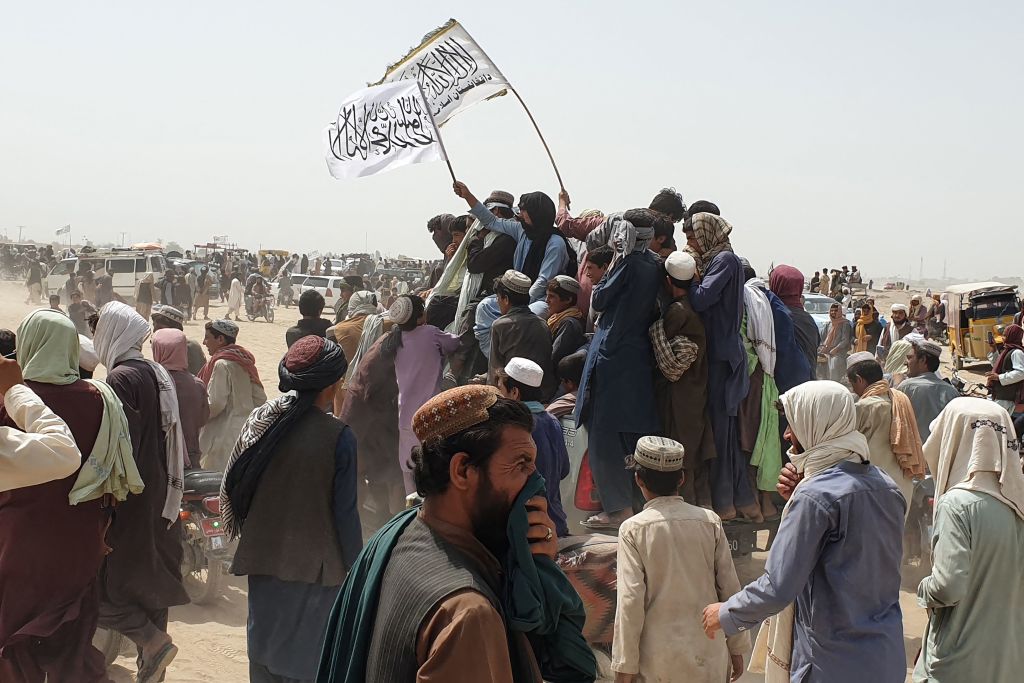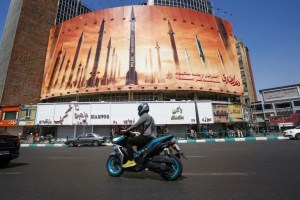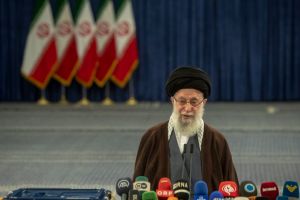The United Nations Human Rights Council (UNHRC) held its 31st special session this week to address the ‘serious human rights concerns and situation in Afghanistan’. This discussion was led by the Taliban-friendly Pakistan and a copy of the draft resolution was shared on Twitter by the brilliant Hillel Neuer, international lawyer and executive director of United Nations Watch.
These documents make for an interesting but rather revealing read. On the current refugee problem, the draft refers to, ‘the generous hospitality demonstrated by Afghanistan’s neighbors’ and goes on to urge ‘the international community to assist Iran and Pakistan as the major host countries to address the refugee problem’. A thumbs up for Pakistan and Iran there then. Quite remarkably, the resolution goes on to blame the current humanitarian crisis not on its engineers, the Taliban, but rather on ‘prolonged conflicts and military interventions in Afghanistan’ — pointing implicitly to the US and its Western allies. In fact, the document is so farcical, that the Taliban are not even mentioned a single time in the resolution.
Neuer expresses the frustrations of many when he says that ‘In Afghanistan millions live in fear of the Taliban terrorists who have taken over the country. Here in Geneva, the UNHRC meets shortly on Afghanistan to adopt one of its weakest-ever resolutions. Better to scrap the session than send message of appeasement to the Taliban.’
In a separate post he writes, ‘If today’s UNHRC session and draft resolution on Afghanistan are any guide of what is to come, the UN and the international community are adopting a policy of appeasement toward the Taliban, who may well be given Afghanistan’s seat on the UN Women’s Rights Commission.’
The words ‘perish the thought’ spring to mind, but based on the current trajectory and what indeed does appear to be shameful appeasement of the Taliban’s tyrannical and horrendous re-emergence, it doesn’t bode well for the organization.
It is however important to consider the fact that it was the Organization of Islamic Cooperation (OIC) in Geneva who requested the convening of this special session of the Human Rights Council in the first place, and the resolution which failed to mention the Taliban was drafted by Pakistan. A day after the Taliban took Kabul and overran the presidential palace, Pakistan’s former cricketer and now prime minister Imran Khan was rightly criticized for saying the Taliban are, ‘breaking the chains of slavery’.
Yesterday, Neuer highlighted that Pakistan had tabled a revised draft to the UN urgent session it called on Afghanistan but noted that there was still no mention of the Taliban or its crimes in the country.
When I last wrote about Afghanistan in The Spectator, I talked about the stark prospect of a final exodus and extinction of minority faiths, including my own (Sikhism), if the Taliban ever came to power again.
Fortunately, many of the remaining Sikhs and Hindus in the country (approximately 300) have been rescued by the Indian Air Force amidst the mayhem of Kabul airport, including the Afghan politicians Narender Pal Singh and Anarkali Kaur Honaryar.
Those left behind may perish — marking the ethnic cleansing of communities who’ve resided in Afghanistan for many centuries. That reality still hasn’t quite sunk in and makes this all personally very painful. Afghan Christians, many of whom are converts from Islam (or the children of converts) will also be killed if they can’t escape by August 31.
The UNHRC describes itself as, ‘an inter-governmental body within the United Nations system responsible for strengthening the promotion and protection of human rights around the globe and for addressing situations of human rights violations and make recommendations on them’. These are very noble and honorable aims, and necessary in today’s turbulent and fractious world. But failing to specifically highlight the violation of human rights of Afghan woman, girls, religious minorities and freedom-loving Afghans perpetrated by the Taliban calls into question the point of the UNHRC in the first place.
This article was originally published on The Spectator’s UK website.


















